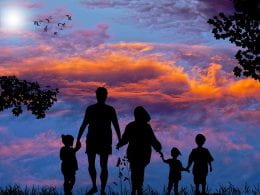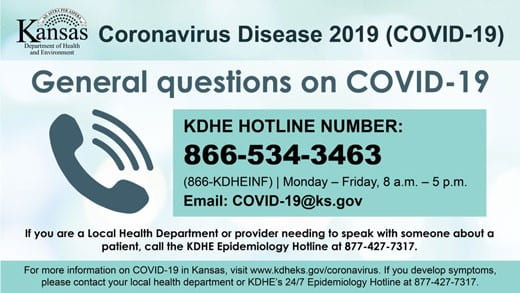Children and adults experience and react differently in times of crisis. A K-State publication, written by Bradford Wiles and Elizabeth Kiss, both associate professors and extension specialists, includes information that can help communities recognize the negative effects that tough times have on the mental well-being of children. Read the full news release here.
 A publication, titled Disasters: Children’s Responses and Helping Them Recover, is available online from the K-State Research and Extension bookstore. It is also available in Spanish.
A publication, titled Disasters: Children’s Responses and Helping Them Recover, is available online from the K-State Research and Extension bookstore. It is also available in Spanish.
Wiles and Kiss outline suggested ways parents can help children cope during hard times:
- Reassure the child that you are still together and that you will be there to help as long as you can.
- Return to pre-disaster routines to the extent possible, including bedtime, bath time, meal time and waking up times.
- Make sure you are taking care of yourself. It can be difficult to take care of a child if you are not feeling well.
- Talk with your child about your feelings.
- Encourage children to draw, write or tell stories about their experiences. Talking about how the disaster or tough time has changed them can be beneficial.
The publication also includes signs to look for in children and how to emerge in a positive direction from times of crisis.
K-State Research and Extension has compiled numerous publications and other information to help people take care of themselves and others during times of crisis. See the complete list of resources online.
Local K-State Research and Extension agents are still on the job during this time of closures and confinement. They, too, are practicing social distancing. Email is the best way to reach them, but call forwarding and voicemail allow for closed local offices to be reached by phone as well (some responses could be delayed). To find out how to reach your local agents, visit the K-State Research and Extension county and district directory.

